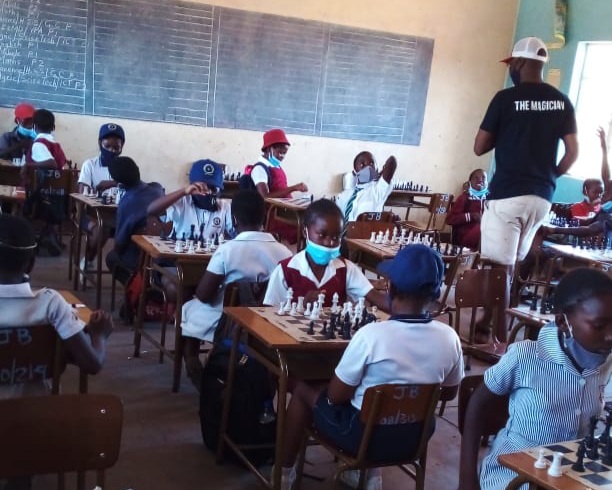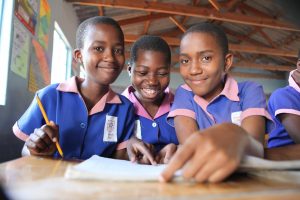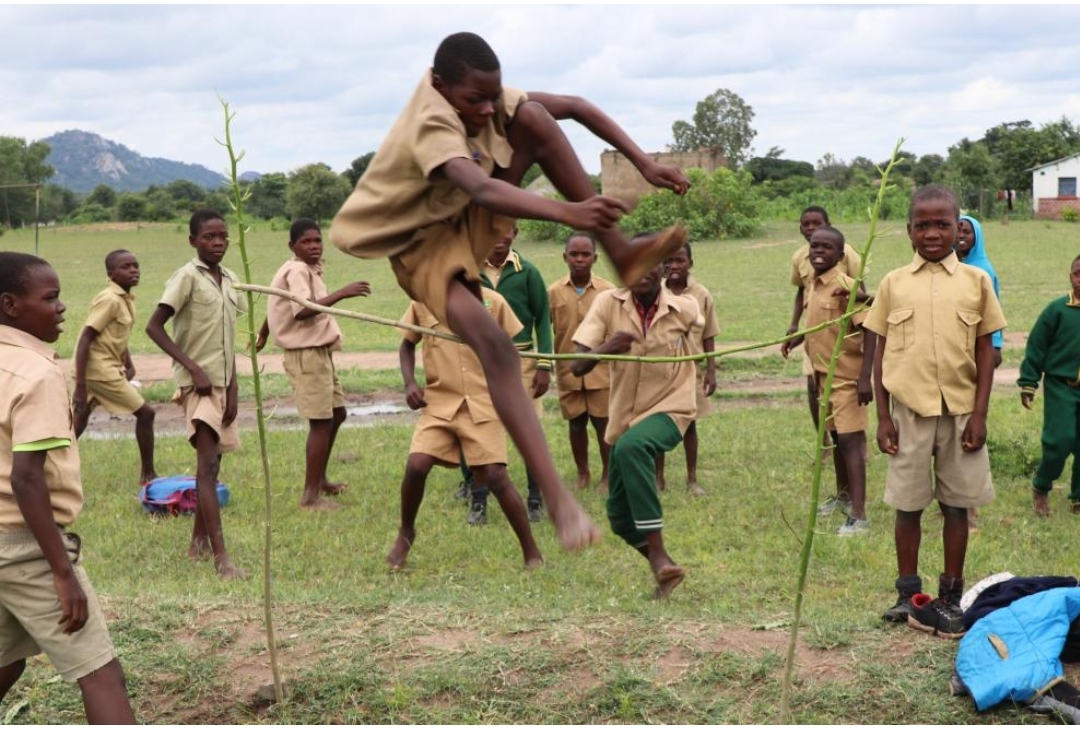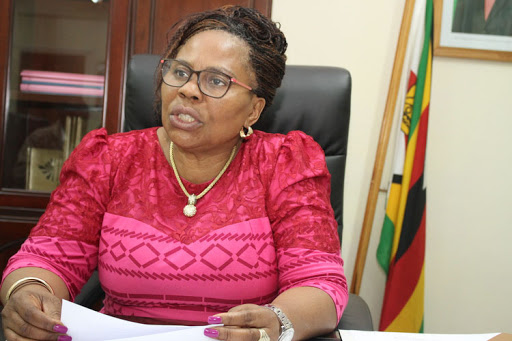BY CITY PRESS
The heavily criticised Patriotic Bill, which was passed by Zimbabwe’s Parliament recently to clamp down on “subverting government”, is not meant to suppress freedom of expression.
This is according to Monica Mutsvangwa, the country’s minister of information, publicity and broadcasting services, who spoke to City Press in Randburg on Friday.Mutsvangwa said the passing into law of the controversial legislation, legally known as the Criminal Law Codification and Reform Amendment Bill, was meant to deal with citizens conspiring with outsiders to overthrow the government and campaigning for sanctions. The bill, which was passed on June 7, has been heavily criticised by civil society organisations, including Amnesty International.
Flavia Mwangovya, Amnesty’s deputy regional director for East and Southern Africa, said earlier this month that the bill’s passing by the Senate was deeply concerning and signalled a disturbing crackdown on Zimbabweans’ rights to freedom of expression, peaceful assembly and association.Mwangovya said the weaponisation of the law was a desperate and patent move to curtail the rights of freedom of expression and to public participation in elections next month.
But Mutsvangwa was adamant this was not the case, insisting that the intention of the new law was to “promote patriotism”.
‘NOT CONTROVERSIAL’
“I don’t accept that it is controversial. It’s okay for people to talk [about it]. That’s freedom of expression,” Mutsvangwa said.
She said Zimbabwe could not promote the subversion of a constitutional government.
Some of the amendments in the bill include:
Criminalising any citizen caught “wilfully injuring Zimbabwe’s sovereignty, dignity and independence as a nation. ”
Criminalising those who participate in meetings with the intention to promote, advance, encourage, instigate or advocate sanctions or trade boycotts against the country.
The death penalty for those perceived to have colluded to unseat government, including individuals acting as agents or proxies to such entities.
Under the new law, those found guilty of being unpatriotic will face up to 10 years in prison or a fine. They also risk having their citizenship revoked or their permanent resident status, cancelled. They will be banned from voting and occupying public office.
However, Mutsvangwa said the aspects dealing with jail sentences would be left to the judiciary.
“People who talk about it [the bill] as being controversial; I’d like to understand what it is they are saying. Is it good to cooperate with people planning subversion of the constitutionally elected government? Is it good to cooperate with people who are planning a coup? Is that correct? No,” Mutsvangwa said.
She said the citizens were allowed to criticise President Emmerson Mnangagwa.he president. That is why we have 11 candidates who filed papers to be presidential candidates. How would they run if they were not allowed?”
But she said as long they were not promoting armed intervention and subversion of government; they would be allowed to contest the elections.
BROWN ENVELOPES
The citizens, Mutsvangwa said, must be factual in their utterances and not plant misinformation and disinformation because they wanted to get money.
“That won’t help the country,” she said.
She claimed that there had been cases in which citizens would bad-mouth government because they wanted to get “brown envelopes”, implying that people were being paid to criticise the regime.
“That has happened, which is a pity. We should not be thinking like that as Africans. We need to love our countries. There are people who think there’s something wrong with being patriotic.”
Being unpatriotic included negative remarks about the scarf that Mnangagwa always wears, which is branded with Zimbabwe’s flag.
“But I say, this is our flag. Why are we not proud of our own flag? I was a diplomat in the US. I lived in an exclusive area. Every house in the US had a flag flying. There’s nothing wrong with loving your country.”
ELECTION PREPARATIONS
The Zimbabwe Electoral Commission, she said, was functioning well and the preparations for next month’s polls were going smoothly.
Mutsvangwa added that this was evident following submissions made by the 11 presidential candidates during the nominations on Wednesday last week.
“That shows democracy on display. I don’t know how many political parties participated [in that process]. I don’t have the number. But the place was alive with all different kinds of people [making their submissions].”
The minister said opposition parties would be treated equally in these elections, adding that government had opened the airways by introducing other television channels.
“This means there is a wider choice for everyone who wants to go out and send their messages [to the voters]. We also feel it’s important that the people of Zimbabwe choose who they want to lead them from the information [they get].
“So, this is in everybody’s interest to say that whoever put their papers for nomination is that [the right] person so that the people vote from a position of knowledge,” she said.
But Zimbabweans would only be allowed to vote in the areas where they had been registered.
“The Electoral Act talks about polling station-based voting. So, if there are Zimbabweans here [in South Africa] who are registered back in their communities, they are free to go [home] and vote.”The minister said they were prepared to deal with those returning home and wanted to vote in their respective areas where they were registered.
NO MORE NO-GO AREAS
Mutsvangwa said government was implementing recommendations made by the Kgalema Motlanthe commission of inquiry, which investigated the circumstances that led to the 2018 post-election violence.
The recommendations included that political parties be registered to ensure accountability and a review of the laws relating to hate speech, abuse of cyberspace and inciting violence.
Since 2018, government had been working on those recommendations, Mutsvangwa said, adding that the upcoming elections would be open to foreign observers.
“They are free to come. We’ve got nothing to hide.”
She said Zimbabwe had been using the national broadcaster, ZBC, for 42 years for its messaging. But Mnangagwa had said that there must be media reforms.
She said the president had told her that there was a need to diversify to allow Zimbabweans access to a variety of media content. As a result, licences had been granted to six commercial television stations in Zimbabwe.
“These were given through the proper processes. Some of the media houses that were considered opposition or anti-government have been given licences.
“They are operating now. We’ve done a lot of opening [of the airwaves] to show the world that we have nothing to hide,” she said, adding that 14 community radio stations had been granted licences. It’s a big game charger. We’ve managed to bring on board all Zimbabweans who were marginalised, who’ve never felt they were part of Zimbabwe.”
Zimbabwe was removing the polarisation that had hampered their communities, she added.
‘EXPATS COME HOME’
Mutsvangwa said they were rebuilding the country’s economy amid crippling sanctions imposed on Robert Mugabe’s government due in retaliation to the land reform policies.
She said the serious brain drain over the years and skills shortage were affecting the economy.
Mutsvangwa said lessons had been learnt and Mnangagwa was consulting on the interventions to end sanctions.
She said there had been several infrastructural developments and the discovery of oil in the northern part of the country would require engineers, who had left the country to seek employment elsewhere, to return.
Her government respected South Africa’s decision to extend special Zimbabwe exemption permits for their nationals until the end of this year.


 Slider1 year ago
Slider1 year ago
 News1 year ago
News1 year ago
 Tourism and Environment2 years ago
Tourism and Environment2 years ago
 News3 years ago
News3 years ago
 News2 years ago
News2 years ago
 News2 years ago
News2 years ago
 News1 year ago
News1 year ago
 News2 years ago
News2 years ago


